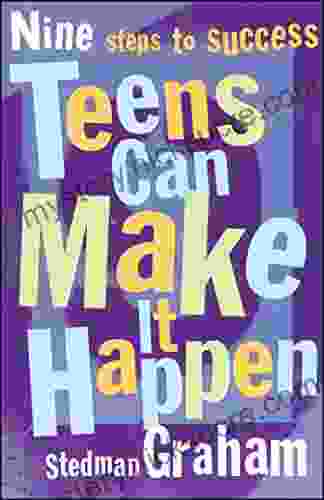Throughout history, nations have faced moments of profound upheaval that have tested their limits and reshaped their destinies. These turning points, often marked by crises and challenges, have forced nations to confront their weaknesses, rethink their priorities, and adapt to a rapidly changing world. In this article, we will explore some of the most significant examples of upheaval in history, examining their causes, consequences, and the lessons they hold for nations facing similar challenges today.
1. The American Civil War (1861-1865)
The American Civil War was one of the most transformative conflicts in U.S. history. Sparked by the issue of slavery, the war pitted the northern Union states against the southern Confederate states. The conflict was marked by unprecedented bloodshed and destruction, with an estimated 620,000 lives lost. The war ultimately led to the abolition of slavery, the preservation of the Union, and the establishment of a more centralized federal government.
4.4 out of 5
| Language | : | English |
| File size | : | 104616 KB |
| Text-to-Speech | : | Enabled |
| Screen Reader | : | Supported |
| Enhanced typesetting | : | Enabled |
| Word Wise | : | Enabled |
| Print length | : | 575 pages |
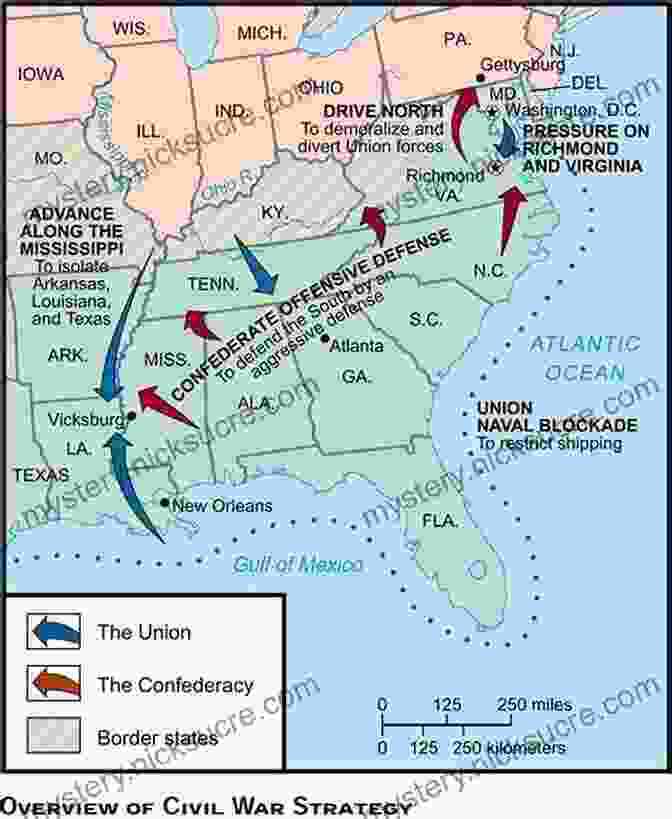
2. The French Revolution (1789-1799)
The French Revolution was a period of radical social and political upheaval that overthrew the French monarchy and established a republic. The revolution was fueled by widespread dissatisfaction with the existing feudal system, economic inequality, and the perceived tyranny of the monarchy. The revolution led to the Declaration of the Rights of Man and of the Citizen, which codified the principles of liberty, equality, and fraternity. However, the revolution also descended into violence and chaos, culminating in the Reign of Terror.

3. The Russian Revolution (1917-1923)
The Russian Revolution was a series of political and social upheavals that led to the overthrow of the Tsarist regime and the establishment of the Soviet Union. The revolution was driven by economic inequality, political oppression, and the hardships of World War I. The revolution resulted in the creation of a communist state that had a profound impact on the course of world history.
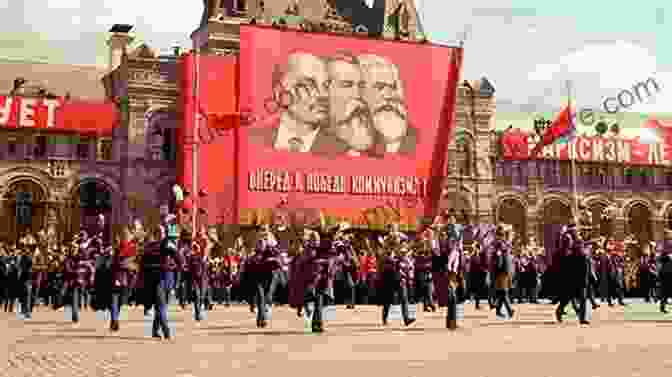
4. The Great Depression (1929-1939)
The Great Depression was the most severe economic downturn in U.S. history. The depression was triggered by the stock market crash of 1929 and was characterized by high unemployment, widespread poverty, and deflation. The Great Depression led to a reassessment of the role of government in the economy and the creation of social welfare programs such as Social Security.
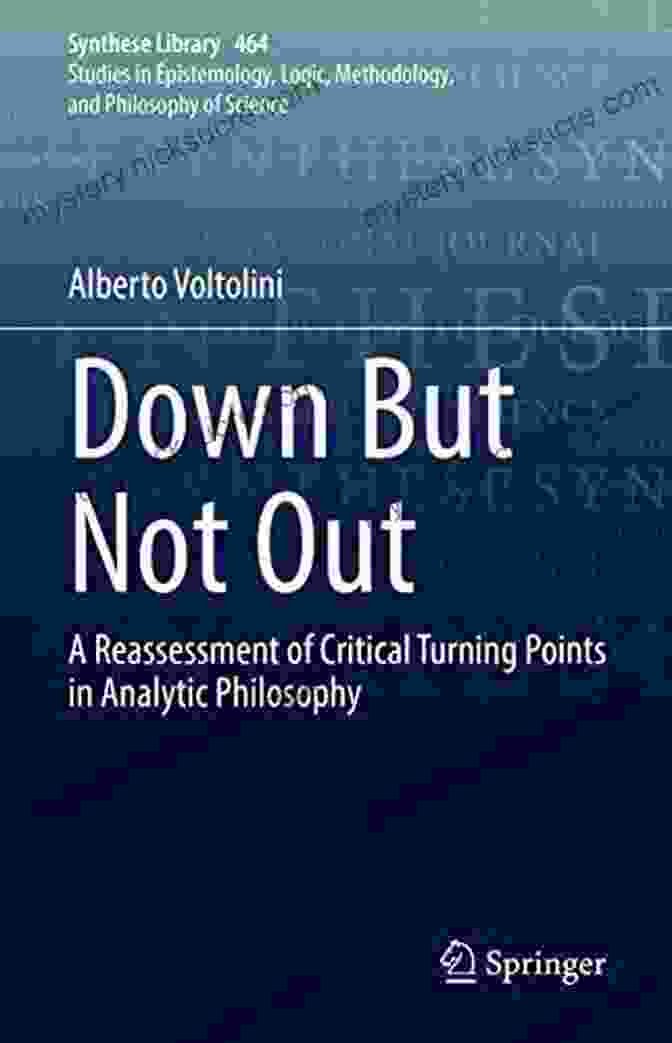
5. World War II (1939-1945)
World War II was the most destructive conflict in human history. The war was fought between the Axis powers (led by Germany, Japan, and Italy) and the Allies (led by the United States, the Soviet Union, and the United Kingdom). The war resulted in the deaths of tens of millions of people and the devastation of entire cities. World War II led to the creation of the United Nations and the establishment of a new global order.
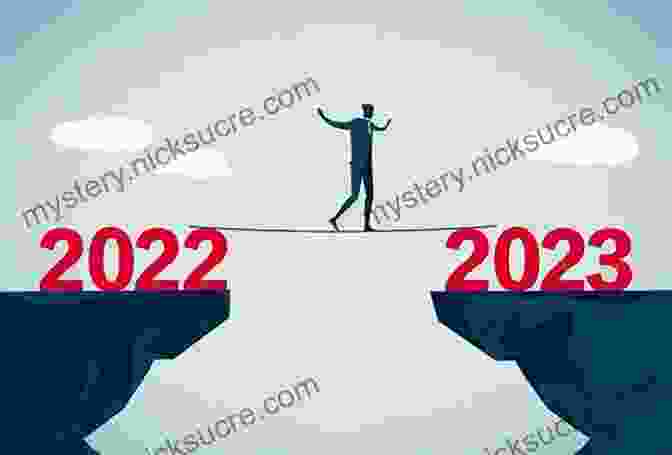
Lessons from Upheaval
The historic upheavals described above hold valuable lessons for nations facing crisis today. First, they demonstrate that even the most challenging times can be transformative. Nations that have successfully navigated upheaval have often emerged stronger and more resilient. Second, upheaval often requires bold leadership and a willingness to break with the past. Third, successful nations have been able to mobilize their citizens and unite them behind a common cause. Finally, upheaval can create opportunities for profound social, political, and economic change. By embracing these lessons, nations facing crisis today can increase their chances of overcoming their challenges and building a better future.
Upheaval is an ever-present force in human history. Nations that have successfully navigated moments of crisis have often emerged stronger and more resilient. By studying the past, we can learn valuable lessons about how to meet the challenges of the present and build a better future for ourselves and for generations to come.





































































































































































































































































































































































































































































































































